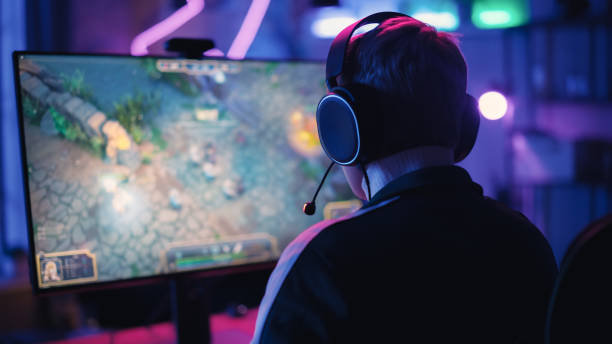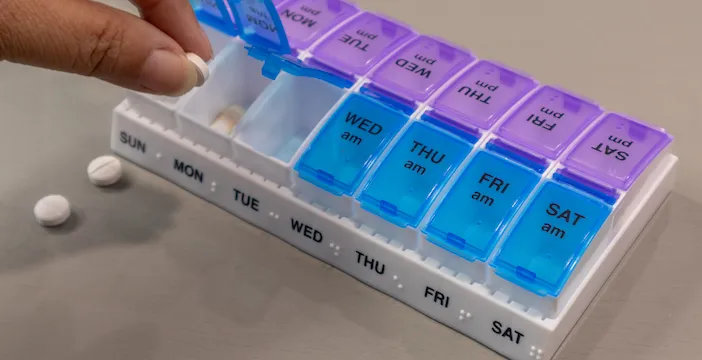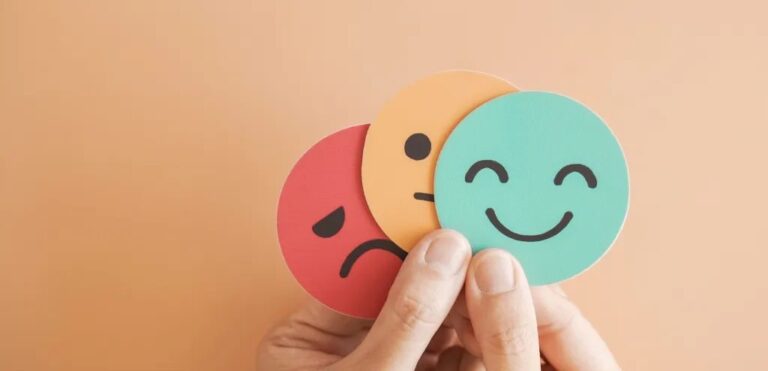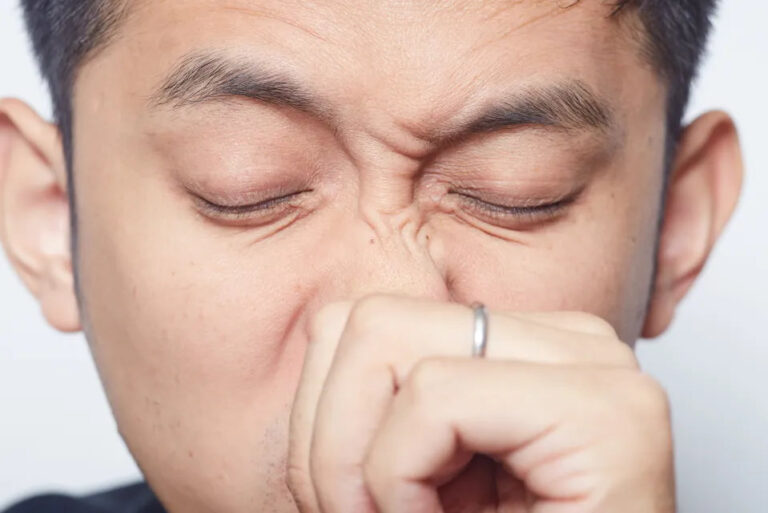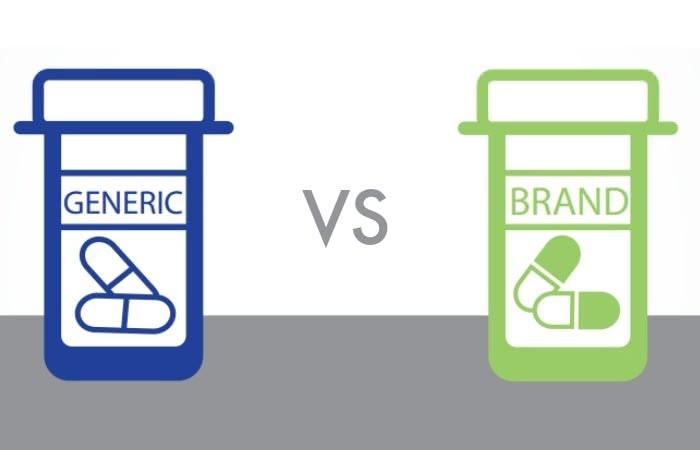Modafinil in Gaming: The Pros for Every Level from Casual to Esports
Competitive gaming pushes players to maintain focus, fast reactions, and stamina across long matches. From casual players to professional esports athletes, the idea of using cognitive enhancers like modafinil has attracted attention. While some believe it can sharpen mental performance, others raise concerns about health and fairness.
What Is Modafinil?
Modafinil is a central nervous system stimulant approved by the U.S. Food and Drug Administration (FDA) for narcolepsy, obstructive sleep apnea, and shift work disorder (U.S. Food and Drug Administration, 2015). It is not approved for use as a cognitive enhancer, though some people use it off-label to try to improve attention and reduce fatigue (Greenblatt & Adams, 2023).
Unlike traditional stimulants such as amphetamines, modafinil has a lower risk of addiction but still carries warnings for misuse and potential psychological dependence (Greenblatt & Adams, 2023).
Why Do Gamers Use Modafinil?
Appeal for Gaming
Gamers often face long sessions that demand sharp focus and quick decision-making. Some turn to modafinil because it can promote wakefulness and reduce fatigue. Community discussions report that players believe it helps sustain concentration during marathon sessions of games like Counter-Strike: Global Offensive or League of Legends.
It is important to note that these reports are anecdotal. Clinical research on modafinil’s effects in healthy people shows mixed results, especially regarding reaction speed (Greenblatt & Adams, 2023).
Potential Benefits for Gaming Performance
Cognitive Effects
- Improved focus and attention: Some studies suggest modafinil helps maintain concentration during mentally demanding tasks (Greenblatt & Adams, 2023).
- Reduced fatigue: Modafinil is effective at promoting wakefulness in patients with sleep disorders, and this effect may help gamers feel less tired during long sessions.
- Decision-making: Research indicates possible benefits in higher-level thinking and planning, but not consistently in reflex speed.
Competitive Edge
Players who use modafinil may feel they can stay sharper for longer, potentially giving them an advantage in endurance-based competitions. However, the evidence is not strong enough to confirm significant improvements in actual game performance.
Risks and Side Effects
Modafinil is generally well tolerated but carries important risks.
Common Side Effects
- Headache
- Nausea
- Decreased appetite
- Insomnia
- Anxiety and dizziness (Greenblatt & Adams, 2023; U.S. Food and Drug Administration, 2015)
Serious Risks
- Rare but severe skin reactions such as Stevens-Johnson syndrome (U.S. Food and Drug Administration, 2015)
- Psychiatric symptoms including mania, hallucinations, or suicidal thoughts, especially in people with a history of mental illness (U.S. Food and Drug Administration, 2015)
- Cardiovascular issues in those with preexisting heart disease (U.S. Food and Drug Administration, 2015)
Dependency Concerns
Modafinil is a Schedule IV controlled substance in the United States. While physical addiction is less likely compared to amphetamines, misuse and psychological dependence are possible (Greenblatt & Adams, 2023).
Ethics and Fair Play
The esports industry has grown into a recognized global competition with professional standards (Tang et al., 2023). Just like in traditional sports, the use of performance-enhancing drugs raises ethical questions.
- Fairness: Some argue that modafinil use creates an uneven playing field for those who cannot or choose not to take it.
- Regulation: Modafinil is banned by the World Anti-Doping Agency (WADA). The Electronic Sports League (ESL) introduced drug testing policies in partnership with anti-doping agencies, adopting WADA’s banned list. Enforcement, however, varies across tournaments.
Safer Alternatives for Gamers
Evidence shows that lifestyle choices can have a direct impact on cognitive performance for gamers.
- Nutrition: A 2023 study of 121 esports athletes found that higher intake of protein, vitamins B12 and B6, and minerals like selenium was linked to better performance on cognitive tasks (Goulart et al., 2023).
- Sleep: Poor sleep quality was associated with lower resilience and focus during cognitive testing (Goulart et al., 2023).
- Physical activity: Regular movement and exercise are linked to better mental stamina and resilience.
- Practice routines: Structured training sessions and mental resilience strategies such as mindfulness can improve focus and stress management without drug use.
Conclusion
Modafinil may offer some benefits for focus and fatigue, but its use in gaming raises serious health and ethical concerns. It is a prescription medication meant for medical conditions, not for performance enhancement. For both casual gamers and professional esports athletes, proven strategies like good sleep, balanced nutrition, and effective practice routines provide safer and more sustainable performance gains.
FAQs
Can I take modafinil at night?
No. Modafinil promotes wakefulness and can interfere with sleep if taken late in the day (Greenblatt & Adams, 2023).
Does modafinil cure fatigue?
No. It may reduce sleepiness in specific medical conditions but does not treat the underlying cause of fatigue (U.S. Food and Drug Administration, 2015).
Is modafinil safe for healthy people?
Its safety in healthy individuals is uncertain. Studies are mixed, and risks include psychiatric symptoms, cardiovascular strain, and rare but serious skin reactions (Greenblatt & Adams, 2023).
Do esports leagues test for modafinil?
Yes, some leagues like the ESL have adopted anti-doping policies using WADA’s banned list. Testing and enforcement vary by competition (Tang et al., 2023).
References
- U.S. Food and Drug Administration. (2015). PROVIGIL® (modafinil) tablets, for oral use, C-IV [Prescribing information]. U.S. Department of Health and Human Services. https://www.accessdata.fda.gov/drugsatfda_docs/label/2015/020717s037s038lbl.pdf
- Greenblatt, K., & Adams, N. (2023). Modafinil. In StatPearls [Internet]. StatPearls Publishing. https://www.ncbi.nlm.nih.gov/books/NBK531476/
- Tang, D., Sum, R. K., Li, M., Ma, R., Chung, P., & Ho, R. W. (2023). What is esports? A systematic scoping review and concept analysis of esports. Heliyon, 9(12), e23248. https://doi.org/10.1016/j.heliyon.2023.e23248
- Goulart, J. B., Aitken, L. S., Siddiqui, S., Cuevas, M., Cardenas, J., Beathard, K. M., & Riechman, S. E. (2023). Nutrition, lifestyle, and cognitive performance in esport athletes. Frontiers in Nutrition, 10, 1120303. https://doi.org/10.3389/fnut.2023.1120303

